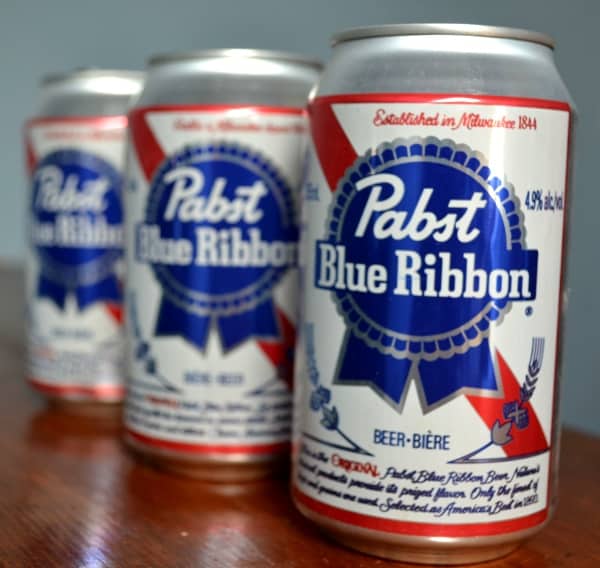In 2008, we wrote about the death of the latest incarnation of “hipster.” But instead of going away, the term stuck around, and has apparently evolved into the catch-all, non-specific insult du jour.
After reading that line, a lot of people will probably think, “What is a hipster?” The concept has a long history. Back in the 1940s, ’50s, and ’60s, being a hipster was a thing of glory. (The Beats, James Dean, Bob Dylan, hippies, pretty much anyone in Mad Men with long hair, a joint, a turtleneck and a beard: original hipsters!) In the early ’00s, the moniker was back in mainstream culture, used to refer to a new crop of young people whose culture couldn’t be defined as anything else. Now, the term seems to have morphed once again, into an insult for…pretty much anyone?
Because of the history behind the idea, and the fact that those within the subculture that defined its most recent regeneration refused to self-identify with it, it’s always been hard to define just who, exactly, the “new hipster” was. And then, as things do, the signifiers of that culture trickled down through pop culture and fast fashion and suddenly they were everywhere.
So, according to cranky individuals, to be a hipster today is to be someone pretending to be into something or rejecting mainstream culture just be cool. I understand and agree with why people would be annoyed by someone being inauthentic or ironic, but you can find these people subscribing to any subculture. These aforementioned crankies seem to regard with disdain, as far as I can tell, anyone who enjoys independent music/film/media, has liberal or independent views and beliefs, enjoys shopping at thrift stores or generally marches somewhat outside the mainstream (if you can even call these things outside the mainstream any more, which you can’t, really) but doesn’t fit neatly into a prepackaged concept of alt. I would say that most 20-somethings I know share some, if not all of these things in common – which, by definition, is why the idea of a “hipster” remains hard to define and somewhat ridiculous.
Half a century ago, a hipster used to be associated with beliefs and character, not what someone was wearing or what brand of beer they’re drinking. So let’s reserve the word for its original intent. We’re so quick to judge and categorize others, but how many of us would use one word to describe ourselves? And really, why do we care so much about how others choose to live their lives? If we added up the time we spent judging others, we’d probably be pretty ashamed. Most importantly, there are bigger things to worry about.



 Follow Us On Instagram
Follow Us On Instagram
